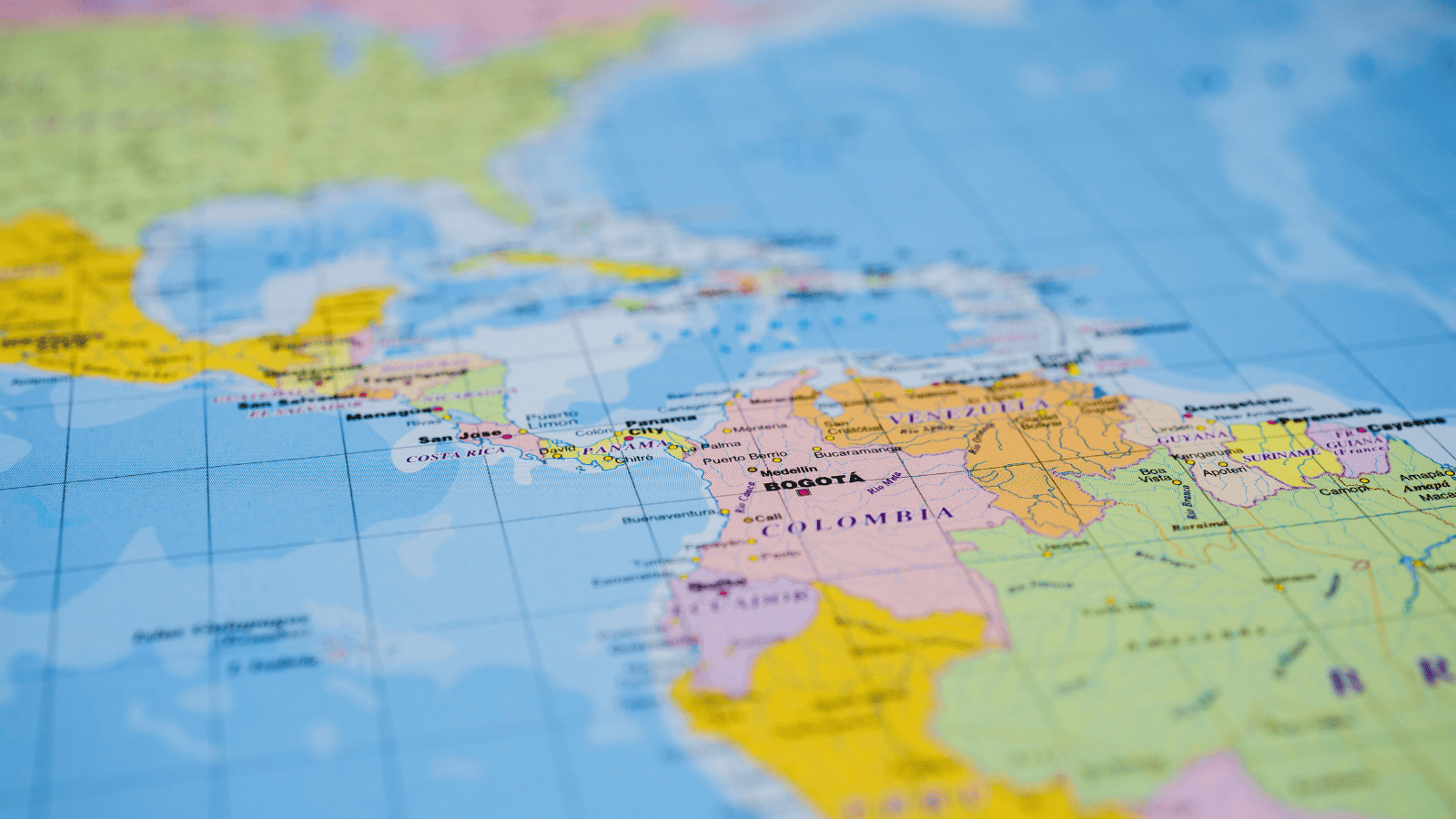
Towards a green EU? Not without Latin America
The European Union (EU) needs to strengthen its ties with Latin America
Historically, Europe has relied heavily on a limited number of energy importers. This overreliance has exposed the vulnerability of its energy supply chain during recent events, including the COVID-19 pandemic and the war of Ukraine. The war has underscored the urgent need for Europe to shift towards a more independent, diverse, and resilient energy portfolio.
In alignment with the Paris Agreement and the ambitions of the Green Deal, which commit the European Union to achieving carbon neutrality by 2050, the EU is focused on diversifying its energy resources and advancing a green energy transition. The “RepowerEU” initiative is central to this strategy, aiming to reduce dependence on single suppliers and accelerate the deployment of renewable energy across the EU. Additionally, the establishment of the Hydrogen Bank is designed to attract private investment in hydrogen projects by connecting renewable energy supply with EU demand and addressing initial investment barriers.
Africa, previously overlooked, now emerges as a crucial trade partner for the EU. How to ensure a fruitful bilateral energy partnership that will benefit both regions?
Moreover, Africa’s renewable energy potential is considerable. According to the Renewable Power Plant Database Africa, by 2040, 76% of the continent’s electricity could come from renewable sources — comprising 82% from hydropower, 11% from solar power, and 7% from wind power. This underscores Africa’s role not only as a major supplier of essential minerals but also as a leader in renewable energy production and distribution.
At the EU level, the Global Gateway strategy is strengthening ties with the continent through the Africa-Europe Green Energy Initiative. This program aims to engage European and African public and private sector actors to increase electricity production and access to energy, promote energy efficiency, support reforms for a conducive regulatory environment for private investment, and foster market integration. It involves the EU, Member States, and major European financial institutions like the European Investment Bank (EIB) and the European Bank for Reconstruction and Development (EBRD).
Additionally, international projects such as “The Lobito Corridor” are positioning Africa as a crucial partner in the energy production and distribution. This infrastructure project, including a railway and road network from the port of Lobito (Angola) on the Atlantic coast to Zambia and other southern African countries, aims to improve trade, reduce transportation costs, and support regional economic development.
Europe can significantly support Africa in establishing strong investment frameworks by offering technical assistance, financial support, and policy guidance. This includes sharing expertise to develop clear regulations, providing funding for infrastructure and renewable energy, and encouraging private investment through risk-sharing mechanisms. Europe can also support market access through trade agreements, foster innovation through research partnerships, and contribute to sustainability initiatives. Strengthening governance and transparency frameworks will help create a more attractive investment environment, ultimately promoting economic growth and development across Africa.
Furthermore, the development of a green energy industry in Africa will only be stronger if it benefits not only exports to Europe but also significantly supports domestic energy consumption and fosters social and economic development across African countries.
Ensuring that renewable energy projects contribute to local communities by providing reliable energy, creating jobs, and enhancing infrastructure will make the partnership more sustainable and equitable, leading to broader and more lasting benefits for both continents.
By building strong, balanced partnerships rooted in shared economic interests, Europe and Africa can create a future of shared prosperity and mutual benefit. Such relations should not only address immediate energy needs but also pave the way for long-term stability and growth for both continents. This collaborative approach represents a win -win scenario that transcends traditional power dynamics.
Together, through equitable and balanced relations, both Africa and Europe can secure a stable and prosperous future, demonstrating the power of strategic partnerships in tackling global challenges.


The European Union (EU) needs to strengthen its ties with Latin America

Five questions to Felipe García-Echeverri Who is Felipe García-Echeverri? I was born

The entrance of this digital euro and its related financial policies will